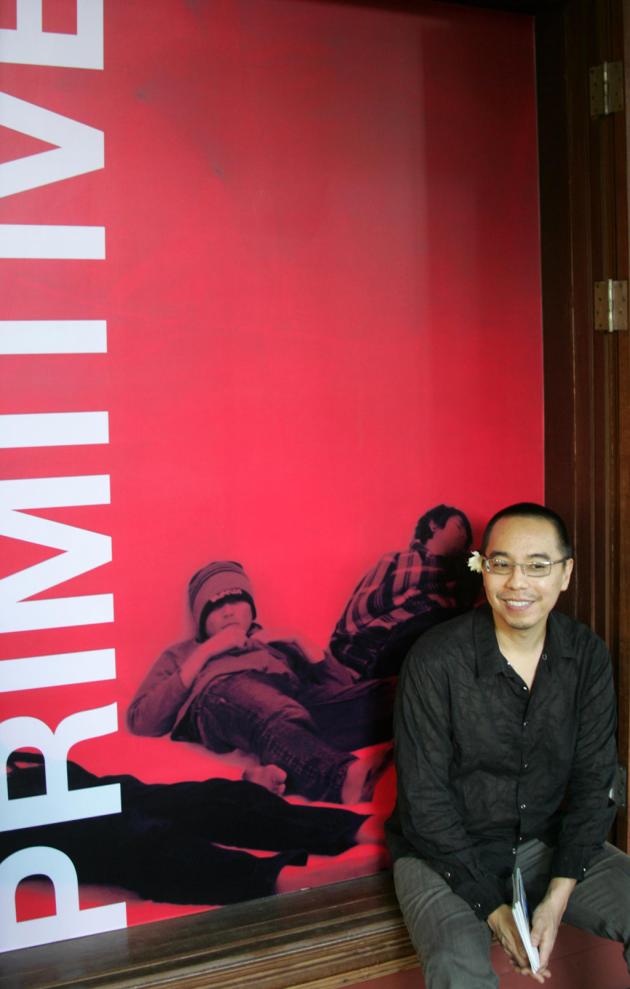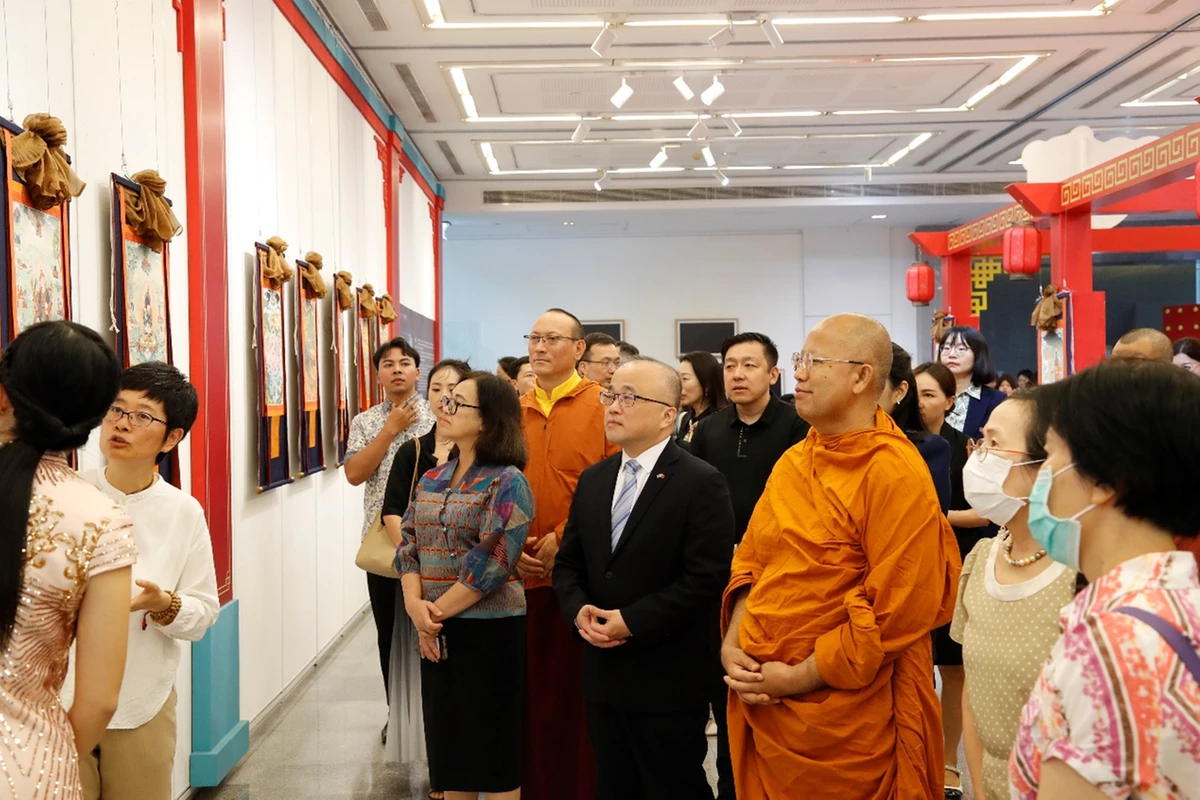Past, present and Primitive

Award-winning director and artist Apichatpong Weerasethakul takes his multimedia installation to Milan
After showing in Munich, Liver-pool, Paris, New York, Yokohama and Bangkok, Apichatpong Weerasethakul's mixed-media exhibition “Primitive” is making its Italian debut at HangarBicocca in Milan from March 7 to April 28.
The installation is a new version especially created for the mutli-purpose exhibition space. Curated by Andrea Lissoni, the project leads the visitor into a world of cinema and sound, documentary-interviews and music clips, with a mix of artistic genres and languages that create a truly choral work.
The work focuses on the young inhabitants of Nabua, a village in northeastern Thailand, who are seen in their everyday lives and as they build a spaceship. This becomes a symbolic means for imagining a different future, but also a place for coming together and escaping from reality.
“A contemporary tale in which we find biographical elements and reflections on history, youth culture and spirituality, with dreamlike atmospheres and social criticism, ‘Primitive’ is also a reflection on the cinema and on how it is transforming our way of seeing. It does so by simultaneously juxtaposing a number of visions, in ways that may be contemplative or distracted, immersive or fleeting, intimate or shared,” says the curator.
In almost total darkness, the installation is permeated by a magical, mysterious atmosphere, which shifts between the opposites of light and dark, silence and noise, love of life and the burden of memory. It starts with a radiant image of boys running and continues amid lights and flashes, silences and sudden noises, ending in a night-time scene in the deserted village rent by flashes of lightning and inhabited by enigmatic apparitions.
“Primitive” started out as a collaborative project with the young inhabitants of Nabua, a village in the northeast of Thailand, which was occupied by the Thai army from the 1960s to the 1980s. A rebellion by farmers in 1965 gave rise to a long, bloody battle followed by years of violence, which led to the men escaping and leaving the village inhabited solely by women and children.
Apichatpong, the winner of the Palme d'Or at the 2010 Cannes Film Festival, shared moments of everyday life with the young people who now inhabit the village, living and working with them.
These children and grandchildren of the original rebels create a work of art in which their vitality and energy come together with the artist’s narrative language.
on the web
For detail, visit
www.Hangarbicocco.org.
RELATED





